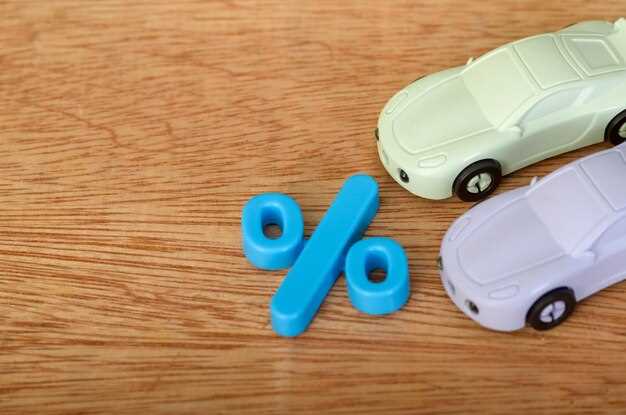New vs used cars – which one is right for you?


When it comes to selecting a vehicle, one of the most important decisions you’ll face is whether to invest in a new car or a used one. Each option comes with its own set of advantages and challenges, and understanding these can help you make an informed choice that best suits your lifestyle and financial situation.
Buying a new car often means enjoying the latest technology, warranty coverage, and the peace of mind that comes with being the first owner. However, the initial cost can be significantly higher compared to a used vehicle. On the other hand, opting for a used car can lead to substantial savings, allowing you to afford better features or even a higher-end model than you might otherwise consider.
Ultimately, the decision between a new and a used car should be guided by your individual needs, budget, and preferences. By carefully weighing the pros and cons, you can identify which option aligns best with your priorities, ensuring a satisfying purchase that meets your transportation requirements.
Evaluating Your Budget: Costs of New vs. Used Cars

When considering the purchase of a vehicle, understanding the financial implications is crucial. New cars typically come with a higher price tag, reflecting the latest technology, features, and warranties. However, they also depreciate quickly, losing a significant portion of their value within the first few years. This rapid depreciation can impact your long-term investment value.
On the other hand, used cars generally offer a more budget-friendly option. They are often available at a lower price point, allowing buyers to access vehicles that may have higher initial costs if purchased new. Additionally, the depreciation on used cars tends to be less severe, which can mean maintaining a better resale value over time. However, potential buyers must consider the costs associated with maintenance and repairs, as older vehicles may have more wear and tear.
Insurance costs can vary significantly between new and used cars. New cars often require more comprehensive coverage, driving up insurance premiums. Conversely, used cars might have lower insurance costs, making them more appealing for budget-conscious buyers. It’s essential to factor in these ongoing expenses when evaluating the overall affordability of your choice.
Financing options also differ, with new cars often offering manufacturer incentives and lower interest rates from dealerships. Used car financing might come with higher rates, reflecting the perceived risk associated with older models. Potential buyers should explore all financing options to determine which aligns best with their financial situation.
Ultimately, assessing your budget involves examining not just the initial cost but also ongoing expenses, potential resale value, and financing options. This comprehensive evaluation will guide you in making an informed decision between new and used cars that best fits your financial needs.
Assessing Reliability and Maintenance for Different Car Types

When choosing between new and used cars, it’s essential to evaluate their reliability and maintenance requirements. New cars often come with warranties that cover repairs for specific durations, providing peace of mind to buyers. Manufacturers of new vehicles typically utilize the latest technology, improving performance and minimizing breakdowns. However, the initial costs can be significantly higher, and depreciation sets in as soon as the car leaves the dealership.
On the other hand, used cars tend to be more affordable but may come with unknown maintenance histories. It’s crucial to research the specific model’s reliability ratings, as some brands and models are renowned for longevity, while others may have a reputation for frequent repairs. A well-maintained used car can offer great value, but prospective buyers should invest in a thorough inspection to determine its condition.
Maintenance costs for new cars generally include routine services covered by manufacturer warranties. In contrast, older vehicles may require more frequent repairs, which can accumulate if parts are not replaced proactively. It’s wise to consider the availability of replacement parts for used cars, as older models might have components that are harder to find or more expensive.
Ultimately, choosing between new and used cars should involve a careful assessment of reliability expectations and maintenance budgets. Understanding these factors will help buyers make informed decisions that align with their financial and practical needs.
Understanding Financing Options and Resale Value
When considering whether to purchase a new or used car, understanding financing options is crucial. New cars typically come with more favorable financing terms, including lower interest rates and longer loan durations, making monthly payments more manageable. Many manufacturers offer promotional financing offers that can significantly reduce borrowing costs.
On the other hand, used cars often have higher interest rates due to their depreciated value and the associated risks lenders perceive in financing older vehicles. However, the overall cost of borrowing can still be lower given the lower price point of used cars, allowing buyers to save money in the long run despite potentially higher rates.
In addition to financing, it’s essential to consider the resale value of your vehicle. New cars depreciate rapidly, losing around 20-30% of their value within the first few years. This rapid decline can be a significant downside for buyers who plan to sell or trade in their vehicles in the near future.
Conversely, used cars tend to hold their value better since much of the initial depreciation has already occurred. Buying a used car can be financially advantageous, as it allows buyers to purchase a vehicle at a reduced rate while still retaining a reasonable resale value. This factor should be carefully weighed when making a purchasing decision, as it impacts the total cost of ownership and potential return on investment.
Ultimately, understanding the interplay between financing options and resale values can help consumers make an informed choice between new and used cars, aligning their purchase with their financial goals and needs.



